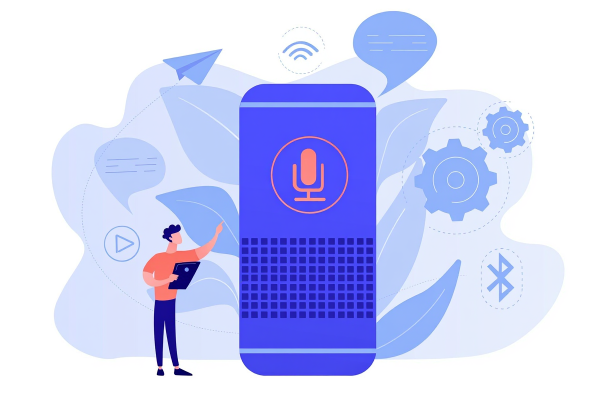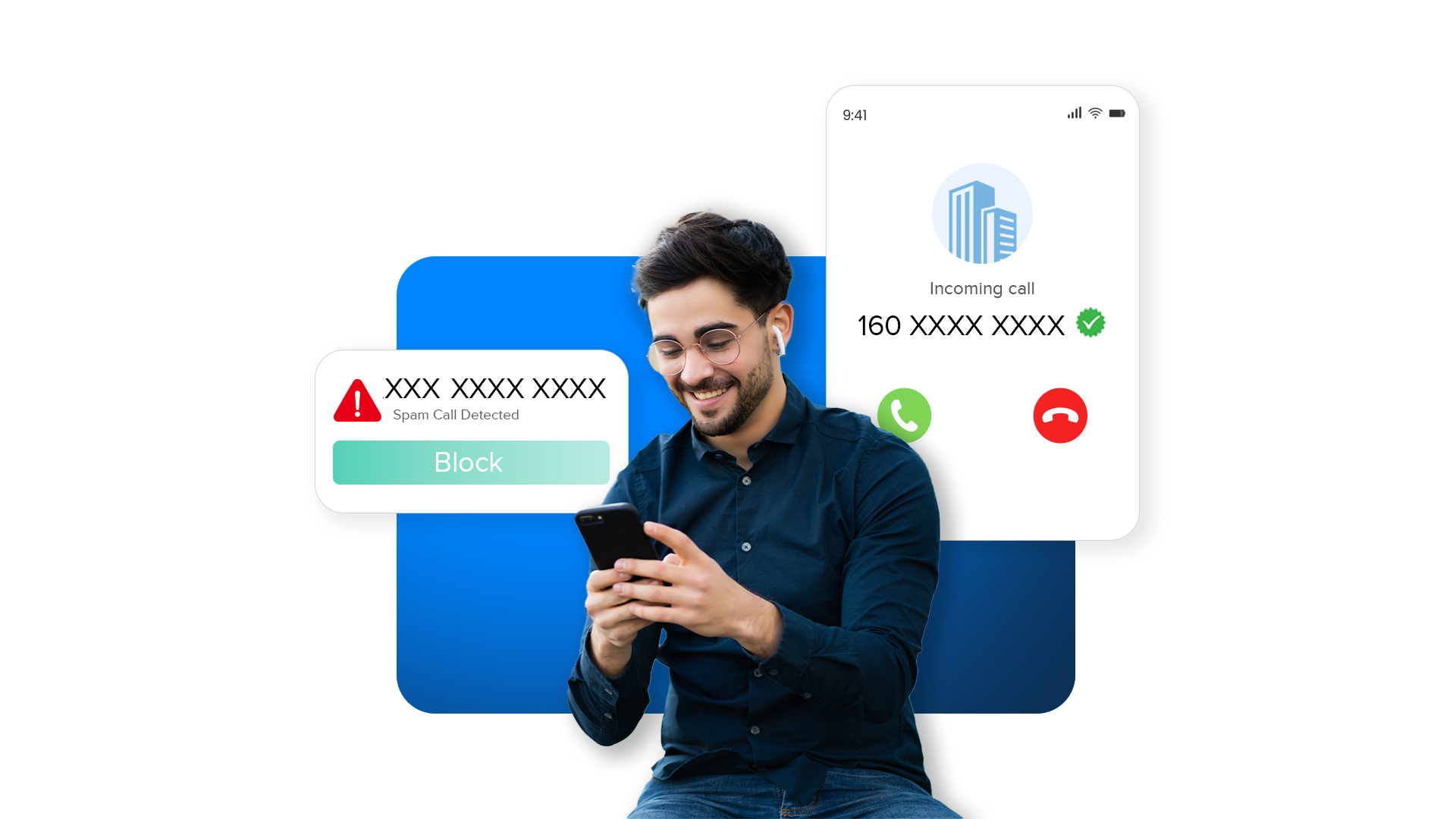
VoIP in India has been a point of discussion for a long time now. We will try to explain what’s allowed and what’s not.
Since the introduction of digital communications, PSTN (Public Switched Telephone Network) has been the primary technology used for voice communications worldwide. For years, the internet was mainly used for data services. With the increase in internet penetration and broadband speeds, voice communication has also become possible on the internet.
In India, VoIP calling apps like Whatsapp, Skype, Ringo (P2P) have become popular and are giving tough competition to traditional PSTN-based voice technologies. VoIP has many advantages over PSTN calls and is becoming the preferred mode for business calling or running call centers.
VoIP has its own set of limitations, mainly related to security, quality of service, and management.
In India, Internet Service Providers (ISPs) are not allowed to interconnect with PSTN/PLMN networks under TRAI guidelines, meaning IP-based VoIP calls cannot be mixed with PSTN calls, i.e., traditional landline and mobile calls.

- Cost-effective – cheaper than the normal PSTN voice calls.
- Data service – as VoIP is available in a digital form, operators can provide many complimentary services.
According to TRAI regulations, the following services are allowed:
- VoIP to VoIP calls (India) – calls start on a VoIP-enabled device and terminate on a VoIP-enabled device (for example, Skype to Skype calls).
- Inbound international VoIP calls – as TRAI does not govern international calls, inbound international calls terminating in VoIP devices are permitted in India. You can start an international VoIP-based inbound call center in India.
- International outbound calls – as outbound international VoIP calls that originate in India are legal, you can start a VoIP-based international outbound call center in India.
What is not permitted in India?
According to TRAI guidelines, starting a VoIP-based domestic call center for calling PSTN phones is not permitted in India.
The VoIP telephony is in an evolving stage in India, and TRAI is keeping a keen watch in this area. In the coming months, we can expect changes in regulations for better telecommunication services in India.
Ozonetel’s pure cloud model is built completely around PSTN; there is no VoIP involved.
Ozonetel’s hybrid solution allows businesses to take advantage of VoIP while working within TRAI regulations. Ozonetel installs the gateway on customer premises and connects to the LAN (no internet route), which converts the calls to VoIP and connects to agents’ phones. Only the reporting is external and linked with the cloud architecture. All the benefits of a cloud call center solution are available within the premise itself.
If you are looking to set up a call center or any other telephony service, just sign up with us and schedule a demo.
- Calls from a traditional landline or mobile device to a VoIP device in India – intermixing VoIP and PSTN calls is illegal in India.
- Calls from a VoIP device to a traditional landline or mobile device in India are also called “VoIP dial out” and are illegal in India.







